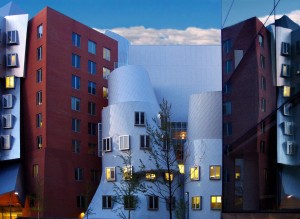 As a longtime entrepreneur and tech enthusiast, rarely do I see a new product or service that receives near-universal acclaim among early adopters and industry critics alike. From the fertile soil of my alma mater MIT’s Media Lab comes Soofa, a solar-powered mobile device charging station that adds a tech-friendly feature to public outdoor spaces without blemishing the surrounding environment, be it concrete or green. In fact, it seamlessly integrates into a standard park bench, looks stylish, and offers a free, eco-friendly service to the general public.
As a longtime entrepreneur and tech enthusiast, rarely do I see a new product or service that receives near-universal acclaim among early adopters and industry critics alike. From the fertile soil of my alma mater MIT’s Media Lab comes Soofa, a solar-powered mobile device charging station that adds a tech-friendly feature to public outdoor spaces without blemishing the surrounding environment, be it concrete or green. In fact, it seamlessly integrates into a standard park bench, looks stylish, and offers a free, eco-friendly service to the general public.
Created by Media Lab spinoff company Changing Environments, Soofa (the more appealing name derived from the “smart urban furniture appliance” acronym, SUFA) provides a practical solution to a minor-to-moderate problem faced by urbanites everywhere. As most of us have at least one kind of mobile device that needs periodic recharging, we know what it’s like to lose power at inopportune moments and experience the functional paralysis that comes with the sudden loss of our technologically-dependent capabilities. Not only does it keep us from making phone calls, it shutters our address books, blanks our digital street maps and compasses, and prohibits any kind of online activity, regardless of how much we might need it. With a nearby Soofa charging station, the suddenly powerless can sit down, plug in and do what they could not normally do outside of the home or office.
As an added benefit to urban living, Soofa provides this service without any negative impact to the environment. These zero-emission power stations demonstrate that technology can simultaneously make our lives easier and reduce our collective carbon footprint, if only in a small way. Perhaps “thinking small” is how we meet our expectations of new technology after all. More on this story can be found at Mashable.